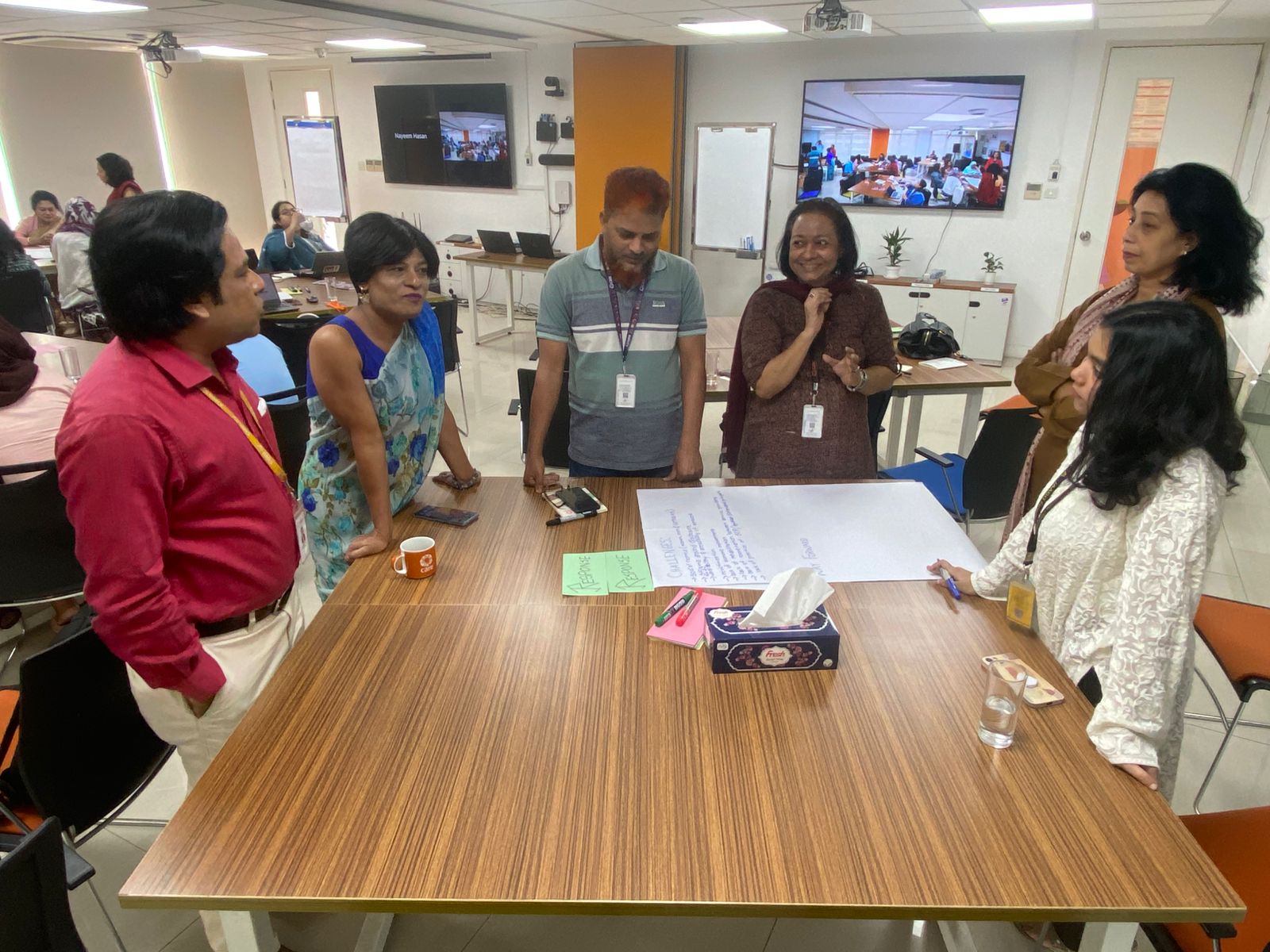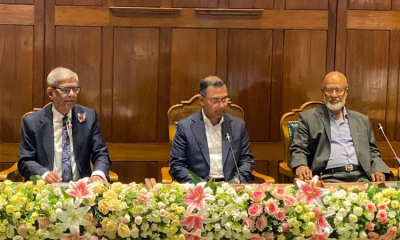A new study released by CARE Bangladesh, in collaboration with JAAGO Foundation and icddr,b, reveals a troubling rise in intimate partner violence (IPV) in Bangladesh, with a 9% increase since the last national survey in 2015.
The findings were shared at an in-house workshop titled “Workshop on GBV in Bangladesh: Sharing Preliminary Findings and Shaping Future Directions”, held by CARE Bangladesh. The study, which aimed to assess the national prevalence of IPV, is particularly significant as it provides the first updated data in nearly a decade.
The research, conducted across seven divisions of Bangladesh, surveyed 1,715 women aged 15 and older through face-to-face interviews. The study found that IPV prevalence had risen from 80% in 2015 to 89% in 2024, underscoring the ongoing and escalating nature of gender-based violence (GBV) in the country. Of the women surveyed, 95% were married, and the average age was 29.
The study also highlighted concerning trends in physical and sexual violence. Among women aged 25-34, 44% reported experiencing physical violence, while 37% of women aged 45-54 also reported similar experiences. Notably, younger women were more likely to face sexual violence compared to older age groups.
Despite the alarming statistics, the study showed a slight improvement in awareness of available support services. Knowledge of the government helpline for GBV cases rose from just 2% in 2015 to 17% in 2024, indicating some progress in public awareness efforts. However, awareness of where to report violence remained largely unchanged since 2015.
In his opening remarks at the workshop, Ram Das, Country Director of CARE Bangladesh, stressed the importance of prioritizing women`s rights and safety, noting that empowering women is essential to achieving gender equality. Quoting a Sanskrit text, he emphasized, “The Creator rejoices when women are respected,” and called for greater responsiveness to women’s voices in addressing GBV.
Fatima Jahan Seema, Lead Program Analyst at CARE Bangladesh, and Sultan Mahmud, Assistant Scientist at icddr,b, presented the study findings. The report pointed to the need for a multi-faceted approach to combat GBV. Key recommendations included expediting the prosecution of GBV cases to ensure justice and deter perpetrators, as well as increasing civic education to raise awareness of gender-based violence in communities. The study also stressed the importance of strengthening support services for survivors and addressing harmful social and cultural norms that perpetuate violence.
Gender-based violence remains one of the most pervasive human rights violations worldwide, with far-reaching consequences for individuals, families, and communities. CARE Bangladesh has long been committed to advancing gender equality, which is a central focus of its Vision 2030. Through partnerships with organizations like JAAGO Foundation and icddr,b, CARE has worked for over 30 years to support gender equality initiatives in more than 100 countries.
The workshop concluded with a group discussion and plenary session, where experts, academicians, and development practitioners addressed the challenges and potential solutions for preventing and mitigating GBV. Mehrul Islam, Interim Deputy Country Director – Programs at CARE Bangladesh, closed the event by emphasizing the need for collaboration across sectors. "Our progress on other fronts reminds us that we can do more for GBV prevention," he said. "By working together—with academia, research institutions, and all stakeholders—we can lay the foundation for a more equitable and resilient society."
The workshop was attended by a distinguished panel of experts, as well as key staff from CARE Bangladesh, JAAGO Foundation, and icddr,b. The findings of the study are expected to inform future efforts to combat gender-based violence and create safer environments for women and girls in Bangladesh.












-20260217073221.webp)




-20260216115008.webp)














